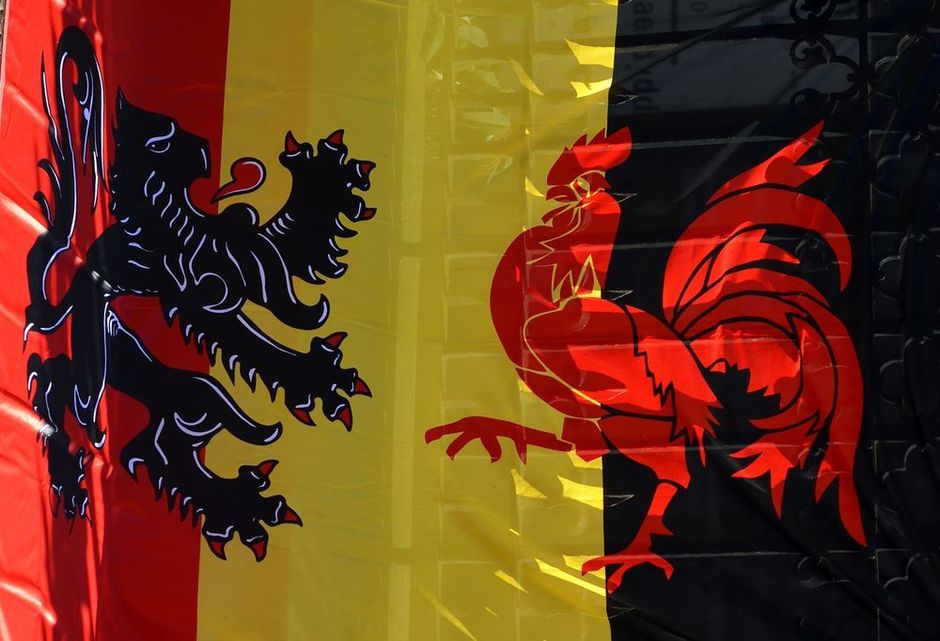A recent call from Walloon Minister-President Elio Di Rupo to make restaurants next in line to relax measures has highlighted the difference in attitude towards the virus and the rules in Belgium's different Regions.
"I want to put a reopening of the restaurants on the table at the next Consultative Committee," Di Rupo told La Libre on Monday, adding that they should be allowed to open in March. "Our citizens are at their wit's end and we must listen to them."
With his call, he directly opposed statements made over the weekend by (Dutch-speaking) Federal Health Minister Frank Vandenbroucke, who called a reopening of the hospitality industry on 1 March "unthinkable," and Flemish Minister-President Jan Jambon, who said that "as long as the figures continue to dance at this level, the situation is not good enough for further easing.”
Related News
- Belgium should stick to 75 hospitalisations threshold before relaxing rules, expert warns
- Why Belgium relaxed measures even though figures didn't improve
The differing opinions about the hospitality industry are not an isolated case, however, as the push for relaxations has generally been greater in the French-speaking part of Belgium. "In Wallonia, there is a really different vibe," a federal deputy prime minister told Het Nieuwsblad. "They think it is all not that bad. That the measures are all a bit over the top."
'More radical' Flemish experts
Walloon politicians, such as MR party leader Georges-Louis Bouchez - who has called to reopen hairdressers since early December and has been in a recent Twitter clash with Flemish virologist Marc Van Ranst - have openly opposed federal decisions.
Bouchez is not alone in this view, with epidemiologist Yves Coppieters - one of the most prominent coronavirus experts in Wallonia - often agreeing with criticism of the Flemish experts.
"They are not representative of the opinion of experts in the whole country," Coppieters told La Libre. "They are more radical, make much more frightening speeches, and always assume the worst-case scenario."
Another Walloon virologist, Bernard Rentier, recently wrote an open letter in La Dernière Heure, in which he stated that "for the experts advising Vandenbroucke, the ideal is to lock everyone up."
According to him, his Flemish colleagues in particular work "on intuition," but have "no objective evidence" for their proposals. The measures can be relaxed a little if "it happens very calmly, and in a controlled way."
He and Coppieters also expressed frustrations over the fact that Federal Health Minister Vandenbroucke is only assisted by the "strict" experts, such as Van Ranst and GEMS chair Erika Vlieghe.
However, Flemish virologist and interfederal Covid-19 spokesperson Steven Van Gucht does not agree with that. "Within the GEMS expert group, there are people who are much more moderate as well," he told Het Belang van Limburg. "I include myself among them."
Van Gucht also pointed out that this call for relaxations is "exactly the same discourse as we had in August and September. And that gave us the biggest second wave in all of Europe. One of the most deadly too."
Maïthé Chini
The Brussels Times

